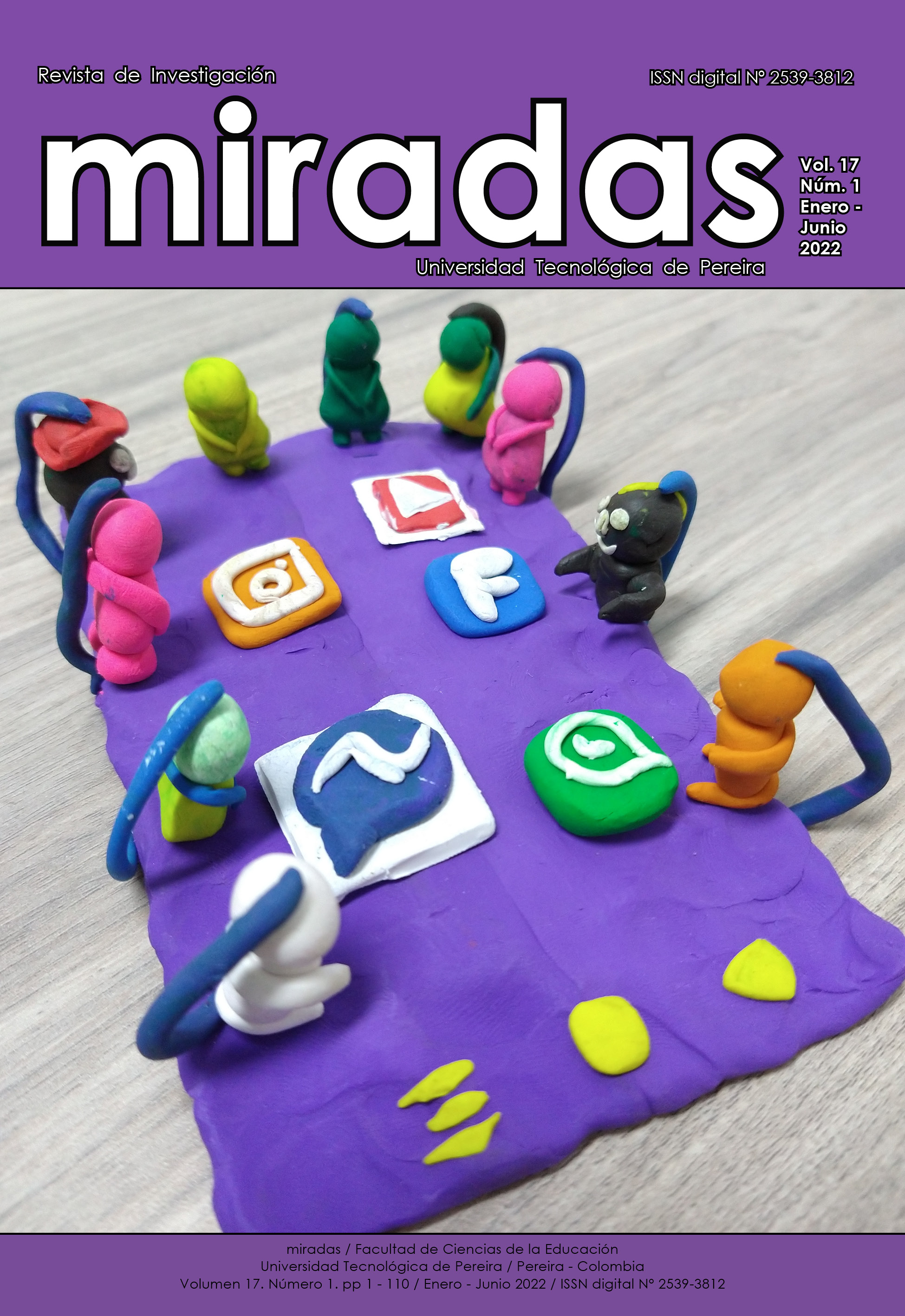Subjectivation, ICT and mathematical education. Expert Validation
DOI:
https://doi.org/10.22517/25393812.25062Abstract
The research is motivated from the framework between education and technology, which directly involves the actors of the process as transforming subjects and transformed by the school and the ways of being, feeling, thinking, and acting in the world, that is, their subjectivity. The conceptual delimitation is done through authors such as Harris (2017), Muñoz (2015) and Weiss (2012), who concludes in the divergence of subjectivity, technological mediation, and mathematical education explicitly in the field of education research, so it becomes a great opportunity to make visible the context within comparative education within an ethnographic-type methodological approach supported by Delphi method. The categorical system as well as each of the items of the instruments were evaluated by ten experts using the Likert scale, whose analysis was performed using the Kendall coefficient and Cronbach's alpha.
As main findings, the categorical system was consolidated and the data collection instruments were validated that attend to techniques such as the characterization questionnaire, direct observation, and documentary review of performance evaluations.
Keywords: ICT, Mathematics, School, Subjectivity.
Downloads
References
Berlanga Silvente, V. y Rubio Hurtado, M.J. (2012) Clasificación de pruebas no paramétricas. Cómo aplicarlas en SPSS. [En línea] REIRE, Revista d’Innovació i Recerca en Educació, Vol. 5, núm. 2, 101-113. Obtenido de: http://www.ub.edu/ice/reire.htm
Bisquerra, R. (2009). Metodología de la Investigación Educativa (Segunda ed.). Barcelona: La muralla.
Escobar, J., & Cuervo, Á. (2008). Validez de contenido y juicio de expertos: una aproximación a su utilización. Avances en medición(6), 27-36.
Francisco, P. (2011). Violencias, sociabilidades y procesos de subjetivación: un análisis de sus vinculaciones en las experiencias de jóvenes en tres ciudades de Argentina. (U. A. Hurtado, Ed.) Persona y sociedad, XXV(3), 55-78. Recuperado el 13 de 11 de 2014, de http://biblioteca.uahurtado.cl/ujah/856/txtcompleto/txtB131441.pdf
García, N. (2004). Diferentes, desiguales y desconectados. Mapas de Interculturalidad. Barcelona: Gedisa.
Harris, J. (16 de 02 de 2017). Judi Harris: "Obligar a usar la tecnología impactará en cómo se utilize". (Tiching, Entrevistador) Obtenido de http://blog.tiching.com/judi-harris-obligar-usar-tecnologia-impactara-en-como-se-utilice/
Muñoz, G. (Enero -Junio de 2015). Ser joven en Colombia: subjetividades, nuevas tecnologías y conflicto armado. (M. Jiménez-Flórez, Entrevistador)
Posada, F. (08 de 05 de 2013). canalTIC.com. Obtenido de https://canaltic.com/blog/?p=1677
Weiss, E. (2012). Los estudiantes como jóvenes. El proceso de subjetivación. Perfiles Educativos (XXXIV), 134.148. Recuperado el 15 de 02 de 2015, de http://www.redalyc.org/articulo.oa?id=13223042009
Downloads
-
Vistas(Views): 428
- PDF (Español (España)) Descargas(Downloads): 271



